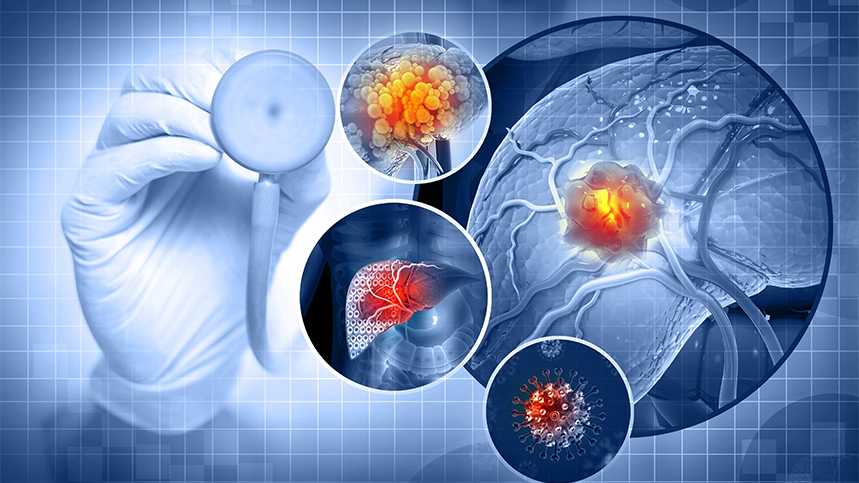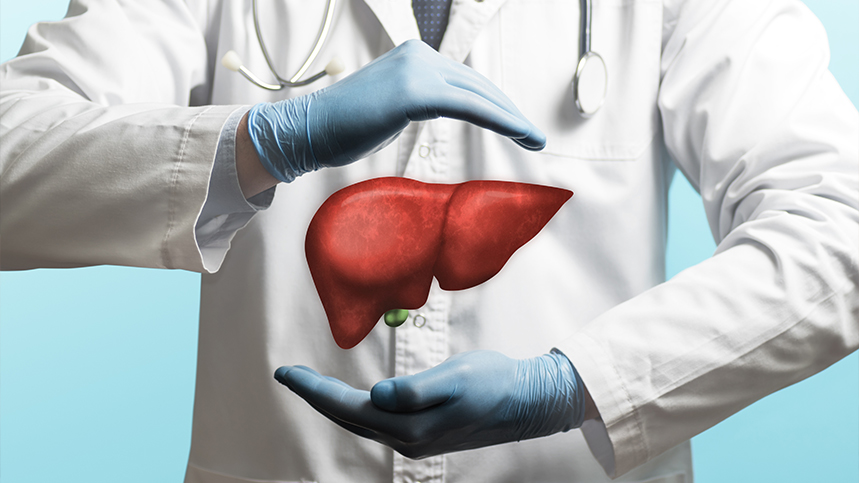

Heart attacks are one of the leading causes of death worldwide and are commonly seen in both men and women. However, women may have different symptoms compared to men, and these symptoms are often mild and make it difficult for healthcare providers to identify them. This is the reason for many cases of heart attacks being misdiagnosed in women, leading to delayed treatment and poor outcomes. Appropriate diagnostic tests help in prompt and early diagnosis of heart attacks in women.
What is a Heart Attack?
When the blood supply to the heart is suddenly cut off, generally by a blood, it is known as a heart attack (Myocardial Infarction, or MI). The heart muscle could suffer severe damage from a shortage of blood, which could be fatal.
Every year, more than 1.1 million people have a heart attack (myocardial infarction), and for many of them, it is the first indication that they have coronary artery disease. Heart attacks might be subtle, or they can be fatally serious. One in five persons may experience just minor symptoms or none, and the heart attack may not be identified only after a routine electrocardiography.
What are the Symptoms of Heart Attack in Women?
Women may experience a range of symptoms that can vary in intensity and duration. Some of the more common symptoms include chest discomfort or pain, which may feel like pressure, tightness, or a squeezing sensation. However, women may also experience less typical symptoms such as pain or discomfort in the jaw, back, neck, shoulder, or arm. Shortness of breath, nausea, vomiting, and lightheadedness may also be present, and women may describe feeling unusually fatigued in the days leading up to the heart attack. If you experience any of these symptoms, it is important to seek medical attention immediately.
What are the complications of a heart attack?
Symptoms of the heart attack are serious and life-threatening and may result in the following complications:
- Arrhythmias- They are the abnormal heartbeats, which can also lead to sudden stoppage of heartbeat.
- Cardiogenic shock- A condition in which heart muscles are completely damaged and cannot contract properly to supply adequate blood to the body and maintain the body’s functions.
These complications may occur in patients after a heart attack and are some of the leading causes of death.
What are the Diagnostic Tests for Heart Attack?
Early & quick diagnosis is critical for managing heart attacks, and several diagnostic tests can be used to confirm the presence of a heart attack. Blood tests can help detect specific heart enzymes that are released when the heart cells are damaged. Electrocardiograms (ECGs) can measure the electrical activity of the heart and can identify abnormal patterns that suggest a heart attack. Imaging tests like echocardiograms and cardiac CT scans can provide detailed views of the heart structures and can help identify blockages or damage to the heart muscle.
What are the challenges in Diagnosing Heart Attack in Women?
Despite the importance of identifying heart attacks in women, several challenges limit the accuracy and effectiveness of diagnostic tests. Women may have different risk factors for heart disease compared to men, such as hormonal changes during menopause, and these factors can affect the diagnostic accuracy of tests. Additionally, women may have smaller blood vessels and arteries, which can be more difficult to see on imaging tests. Women are also more likely to have non-obstructive coronary artery disease, which means that plaque build-up may be diffused rather than concentrated in a single area.
Improving Heart Attack Diagnosis in WomenTo improve heart attack diagnosis in women, healthcare providers must be aware of the potential for atypical symptoms and be willing to use diagnostic tests to confirm or rule out a heart attack. This may require greater education and training of healthcare professionals in recognizing gender-specific symptoms of heart disease. Additionally, research is ongoing to identify more accurate and effective diagnostic tests for heart attacks in women. One such test currently being researched is called a high-sensitivity troponin test, which can detect even smaller levels of damage to the heart muscle.
Recognizing heart attack symptoms in women and using diagnostic tests to confirm or rule out a heart attack is critical for improving outcomes and reducing mortality rates. Women may have different symptoms compared to men, and healthcare providers must be aware of these differences to avoid misdiagnosis. By using appropriate diagnostic tests, healthcare providers can accurately detect heart attacks in women, provide timely treatment, and improve patient outcomes. Women need to be aware of the symptoms of a heart attack and seek prompt medical attention if they experience any of them.
How can you prevent a Heart attack?The following measures can help in preventing heart attacks:
- Quitting smoking.
- Having an ideal BMI.
- Exercising regularly.
- Eating a low-calorie, high-fiber diet.
Along with all these preventive measures, getting regular health checks, will also help a person in preventing heart attacks.
If you have a family history of heart attack or fall under the high-risk category for heart attack, it is always advisable to get health checks done regularly. To book a comprehensive health check package, visit AMPATH labs, click here for appointments.WANT TO BOOK HEALTH CHECKUP ?
Recent Blogs
Understanding Hepatocellular Carcinoma: Diagnosis and Staging
Hepatocellular carcinoma (HCC) is a type of liver cancer that usually affects individuals...
30-11-2023
Protecting Your Skin: Vital Tips for Sun Safety and Self-Examinations
Summer is here, and we all are ready to soak up some sunshine after long and dreary winter...
30-11-2023
Preventing Liver Cancer: The Role of Hepatitis Vaccination
Liver cancer is a deadly disease that affects millions of people worldwide. While there...
30-11-2023









